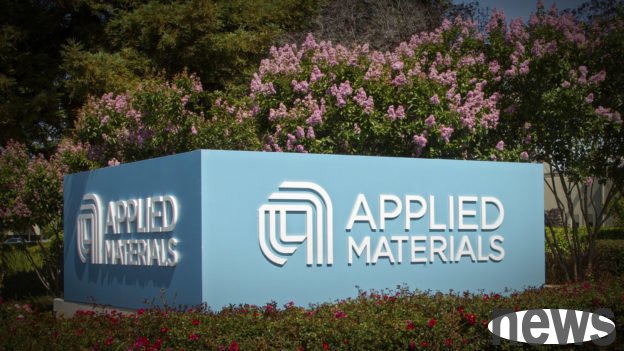Past views believe that in order to enable chip manufacturing to return to the United States, the Biden administration has promoted a series of supplementary and incentive measures, hoping to produce the expected results over time. However, accordin...

Past views believe that in order to enable chip manufacturing to return to the United States, the Biden administration has promoted a series of supplementary and incentive measures, hoping to produce the expected results over time. However, according to the latest discussions from Applied Materials, these supplementary measures have limited effects.
Featured Financial Manager Brice Hell said in a recent phone meeting that in the past few years, in order to promote the return of semiconductor supply chains, the United States has formulated a series of remedial measures that "only have a slight effect on the sidelines", with minimal impact.
"Our answer is no," Hell believes that the highest level of demand is driven by personal computers, data centers, smart phones, etc. All supplementary measures only allow a customer to not build a factory in Taiwan, but to build a factory in the United States. This is actually effective, but it has no effect on the whole.
Despite the doubts in the material management level, the company still plans to add to the code in Arizona of about $200 million, with a total investment of more than $400 million, improving its manufacturing capabilities in the United States.
As for the newly appointed Trump administration, it will provide "supplementary red stakes" and "tax sticks", threatening to impose high taxes on all semiconductor operators who have not built practical manufacturing points in the United States, and convert the subsidy into equity investment, holding shares worth US$8.9 billion.
At the same time, the US government also negotiated that it would obtain a 5-year share certification, with a price of US$20 per share, which would give the government the right to purchase 5% of Intel's common stock if Intel sold more than 49% of its foundry business, making it more difficult for Intel to split up most of its shares in its Cylinder Foundry Division. The Trump administration also considers engaging in similar agreements for other semiconductor practitioners.
On the other hand, the financial manager of the Essential Finance recently admitted that his market share in China was hit because some customers were included in the "physical list" by the US Department of Commerce, resulting in an order pressure of about US$400 million.
Applied Materials (AMAT) Asserts US Incentives To Expand Domestic Chipmaking Capacity Only “Matter A Little Bit At The Margin” Extended reading: Samsung, SK Hynix Chinese manufacturers are having trouble gaining US technology, investment bank: may impact global memory supply Follow Neuralink! China recommends brain-interface planning, and builds a dragon-head enterprise with all resources and five years of resources.